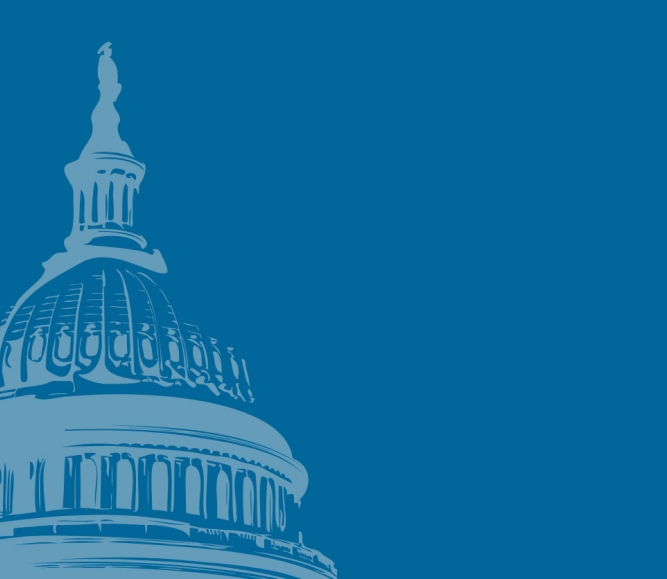Senate HELP Committee seeks comments on pandemic and all-hazards preparedness
Author

Blaire Bryant
Upcoming Events
Related News

Key Takeaways
On March 15, Chairman Bernie Sanders (I-Vt.) and Ranking Member Bill Cassidy (R-La.) of the U.S. Senate Health, Education, Labor and Pensions Committee (HELP) released a request for information (RFI) seeking input from public health officials, health care providers and other stakeholders on policies the Committee should consider during the reauthorization of the Pandemic and All-Hazards Preparedness Act (PAHPA).
PAHPA was first signed into law in December 2006 and was created to improve the nation’s public health and medical preparedness and response capabilities for emergencies, whether they were deliberate, accidental or natural. To this aim, the law established within the U.S. Department of Health and Human Services (HHS) the position of Assistant Secretary for Preparedness and Response (ASPR); authorized many of the federal government’s biodefence and pandemic preparedness programs; and established the National Health Security Strategy (NHSS), which provides a framework every 4 years for strengthening our tour nation’s ability prevent, detect, assess, prepare for, mitigate, respond to and recover from disasters and emergencies.
Counties are key partners in strengthening intergovernmental coordination pathways in our nation’s response to public health emergencies. Federal programs authorized under PAHPA assist in supporting and maintaining the capacity of county public health departments, hospitals, emergency operation centers and other critical sectors to respond to public health emergencies through emergency planning, immunizations, infectious disease surveillance and the development of preparedness and response strategies for disasters, acts of bioterrorism and other health emergencies.
PAHPA will expire at the end of Fiscal Year 2023 on September 30, 2023, and needs to be reauthorized to continue to support essential public health preparedness efforts at the county level. Counties are invited to comment on the effectiveness of existing PAHPA programs, how to improve the ability of localities to respond to public health crises, any gaps in activities or capabilities in public health preparedness, and ways to bolster intergovernmental and private partnerships among key stakeholders. These comments will be used to inform the reauthorization process to enhance PAHPA and improve the nation’s preparedness for future health crises. The deadline to submit comments is Wednesday, March 29, 2023.
Read the full request and review details on submitting comments here.
NACo stands ready to work with Congress to ensure that local public health preparedness efforts are properly funded, supported and sustained to ensure that counties can continue their work of protecting and responding to current and emerging health threats.
Additional Resources
Resource
Protect Funding for Core Local Public Health Services and Prevention Programs

Related News

NACo offers new Medicaid resources as Congress advances Budget Resolutions with major Medicaid reform implications
On April 10, the U.S. House of Representatives voted to adopt a Senate-passed budget resolution, marking the next step in the budget reconciliation process. The proposed funding levels therein represent significant potential cost shifts to counties, particularly in the area of Medicaid financing. To help county leaders understand what’s at stake, NACo has developed two new resources.

County Countdown – April 21, 2025
Every other week, NACo's County Countdown reviews top federal policy advocacy items with an eye towards counties and the intergovernmental partnership. This week features the ARPA reporting deadline, a budget reconciliation update and more

U.S. House reintroduces legislation to address the Medicaid Inmate Exclusion Policy
Two bipartisan bills aimed at addressing the Medicaid Inmate Exclusion Policy (MIEP) were recently reintroduced in the U.S. House of Representatives.